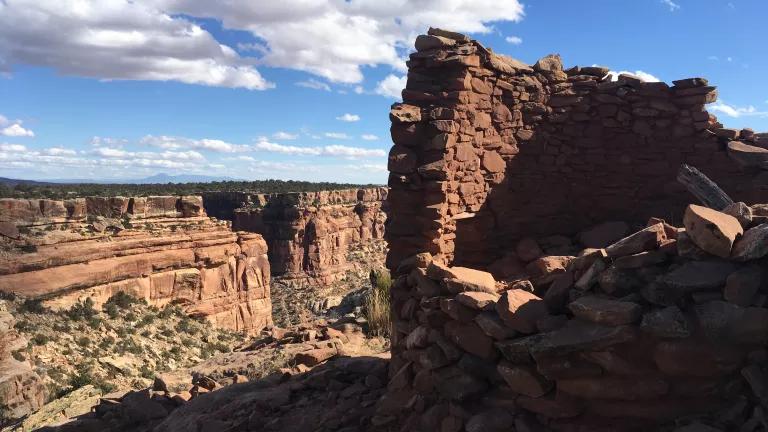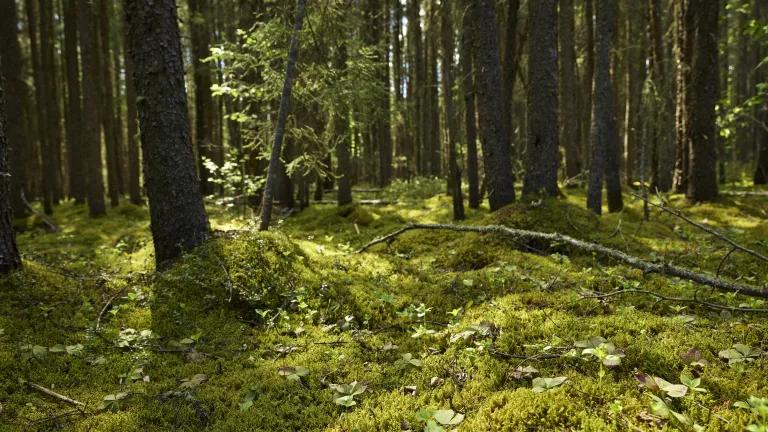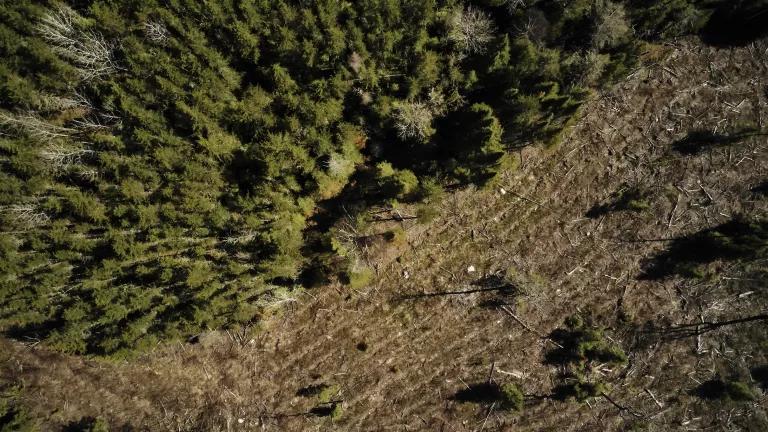Building on Bears Ears: Expanding Tribal Co‑management
Let’s act on the immediate opportunities to make tribes meaningful partners in the management of lands that remain in federal hands.

Today (March 8, 2022), Congress held an historic hearing examining tribal land dispossession enacted by the U.S. government and the impact of dispossession on federal land management practices. The House Natural Resources Committee heard testimony about how tribal co-management can reground the relationship between the United States and its indigenous inhabitants in respect.
Tribal co-management of federal public lands involves shared decision-making for the benefit of all Americans. By incorporating Indigenous Traditional Ecological Knowledge, federal land managers can make wiser decisions. Tribal partners can help federal land managers understand the lands and waters holistically. They bring various ways of understanding to protecting the invaluable lands and waters for which agency staff at the National Park Service, the Bureau of Land Management, the U.S. Fish & Wildlife Service and the Forest Service are responsible. Tribal partners can help federal land managers meet the legal mandates they have to protect public lands for future as well as present generations.
While new legislation can help expand tribal co-management, much can be done under existing legal authority. In the past, tribes have partnered with federal agencies such as U.S. Fish & Wildlife for management of specific species or for protection of a specific cultural site. With the creation of Bears Ears National Monument in 2016, the federal government established tribal co-management of a vast landscape. Today’s hearing witnesses discussed ways to ensure that the promise of meaningful nation-to-nation partnership is fulfilled at Bears Ears as well as elsewhere.
As one witness testified, the growth of federal lands over the nation’s history equals the loss of Indian lands. A growing “land-back” movement advocates for the return of these lands to their indigenous inhabitants. This may need to happen and has in certain places such as the National Bison Range. But let’s not lose sight of – and act on – immediate opportunities to make tribes meaningful partners in the management of lands that remain in federal hands.



